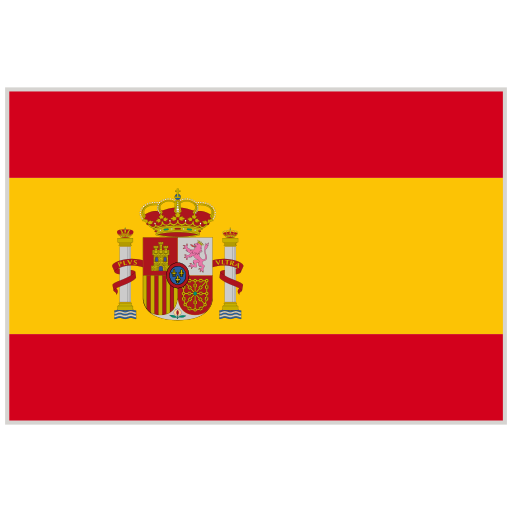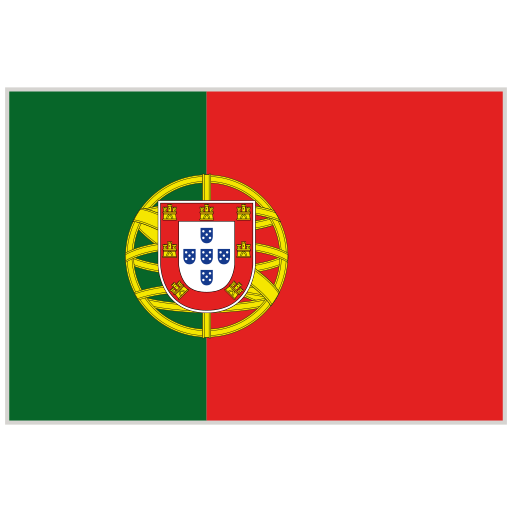Sustainable films

Makrofol EC 1-1
The new polycarbonate film Makrofol EC 1-1 with polished surface from Covestro is partially bio-based and thus a sustainable alternative. Since fewer fossil raw materials are used to produce the film, its carbon footprint can be reduced by about 20 %.
| Article No. | Surface | Colour | Width | Thickness | |
|---|---|---|---|---|---|
| 499353 | POLISHED/POLISHED | POLISHED/POLISHED | CLEAR | 1270 | 0.25 |
Why is the development of sustainable films important?
Sustainability is an essential topic of our current time, in which plastic waste is a major problem. The reduction of CO2 and the search for environmentally friendly materials occupy most manufacturers and consumers.
Manufacturers of technical films are also increasingly addressing the issue of sustainability.The König Film Centre is striving to build up a product range of sustainable films. It is our aim to offer our customers interesting alternatives and solutions with a low CO2 footprint and an improved ecological balance. In this way, we make our contribution to relieving the burden on the environment.
But can sustainable films made from renewable raw materials keep up with conventional technical films? Can such bio-films be used for similar applications?
With our ecological films, we are able to offer you and your company a resource-saving, environmentally friendly alternative. The use of our sustainable films offers many advantages for your company:
- Reduce your CO² footprint.
- Improvement of your eco-balance.
- Use of renewable materials.
- Protect the environment.
Do your part to reduce plastic waste and lower global CO2 emissions. Use sustainable materials, we will be happy to advise you.
What are so-called bio films?
Bio-film is not a standardised term. The term has established itself as a generic term for films that have environmentally friendly properties or are made from renewable raw materials. Environmentally friendly properties include, for example, compostability or the recyclability of the end product. Users attach importance to the residue- and pollutant-free degradability of the end products after use.
Our product range of sustainable films
The first sustainable, environmentally friendly product in our range is Makrofol EC from the German manufacturer Covestro.
Makrofol® EC 060041 is a partially bio-based, highly transparent polycarbonate film made from plant biomass. Makrofol® EC is a partly bio-based polycarbonate film made from plant-based raw material. The origin of the raw material is starch, derived from widely available plant feedstock. Compared to fossil-based products, the carbon footprint of Makrofol® EC is significantly reduced. The film offers good optical and mechanical properties, chemical resistance, scratch resistance and UV weathering resistance. Makrofol® EC 060041 can be used for various applications in market segments such as automotive, electrical/electronics, graphics and packaging.
Why are sustainable films more ecological than other films?
Covestro's novel polycarbonate film Makrofol EC is partly bio-based and thus a sustainable alternative to traditional materials. As less fossil raw materials are used to produce the film, the CO2 footprint can be reduced by about 20 %.
Properties of our sustainable films
Makrofol EC is absolutely comparable with classic polycarbonate films in terms of their optical properties and transparency. The biofilm can also absolutely keep up in terms of formability and impact resistance.
Do packaging made from biodegradable plastics offer advantages?
The sustainable, bio-based film impresses with its high weatherability and higher chemical resistance. In these areas it clearly outperforms conventional polycarbonate films, making it an ideal solution for packaging and many other applications.
What are the disadvantages of Makrofol EC
The mechanical properties of Makrofol EC are not comparable with those of normal polycarbonate films (Makrofol DE). The sustainable film is stiffer and more brittle and can therefore be processed differently.
Is Makrofol EC recyclable, degradable or compostable?
We distinguish between bio-based film and biodegradable film. Bio-based films consist partly or entirely of renewable raw materials such as potatoes, sugar cane and corn. The proportion of these natural materials is between 20-100%, depending on the type of film. These films can be biodegradable, but do not necessarily have to be.
Biodegradable films are differentiated according to the time of their biodegradation. The exact methods and test specifications are specified in DIN standard EN 13432.
Makrofol EC is thermomechanically recyclable, but not recyclable or compostable. It is not a biodegradable film that exhibits complete decomposition.
Processing of sustainable films
Environmentally friendly films do not differ fundamentally in processing from conventional technical films.
Makrofol EC can be processed in many ways, including:
- printing,
- cutting,
- die-cutting,
- laminating,
- coating,
- self-adhesive finishing.
- is suitable for thermoforming,
- the so-called High Pressure Forming (HPF),
- can be screen printed (other printing techniques are not recommended by the manufacturer).
Makrofol EC has a high chemical resistance. This reduces the good adhesion of the ink system (provided we are talking about a decorative FIM application) compared to Makrofol DE films. For this decorative FIM application, the manufacturer Covestro is planning to introduce a new product.
Possible applications
Sustainable films replace classic films in various application areas and offer ideal solutions for example:
- Graphic applications such as labels, tags or overlays.
- Electrical and electronic applications with the purpose of insulation and for use in electrical devices or remote controls.
- High quality packaging.
- Automotive applications such as speedometer discs or decorated interior parts.
Surfaces and thicknesses
The product Makrofol EC is available in two surface structures: glossy - glossy (1-1) and glossy - fine matt (1-4). Covestro offers the film in thicknesses of 125 μm, 250 μm and 375 μm. Thus, we have solutions for a wide range of applications for you.
For further questions about the use of plastics, CO2 emissions, sustainability, sizes and formats and information about our product range, please do not hesitate to contact us.
Your team of the König Folienzentrum





